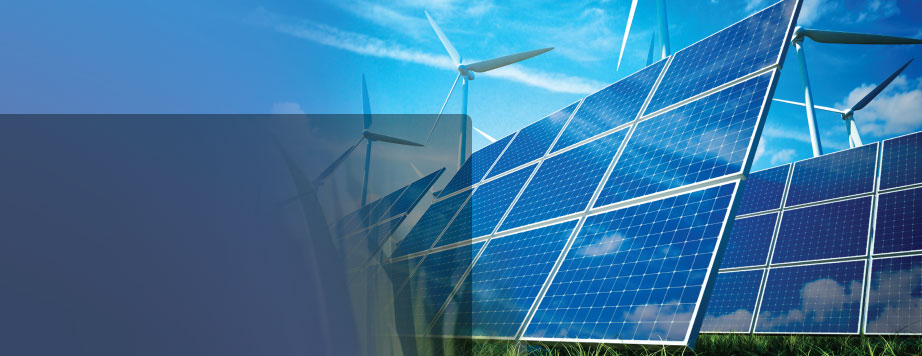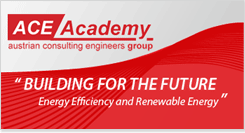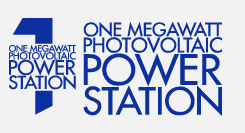Press/ Publications
Reports
Removing Barriers to Energy Efficiency in Municipal Heat and Hot Water Supply in Kazakhstan, 2009
Evaluation of UNDP/GEF´s program Removing Barriers to Energy Efficiency in Municipal Heat and Hot Water Supply. The project focuses on the development of the legal framework to stimulate Eastern Europe in heat supply and consumption and the development and realization of financing models (including ESCOs) to realize EE projects and sustainable replication.
The objective of the project is to reduce greenhouse gas (GHG) emissions from the municipal heat and hot water supply systems in Kazakhstan and to lay the foundation for the sustainable development of these services taking into account local as well as global environmental considerations. By building on the experiences and lessons learnt from other heat sector projects, it will combine local and national level measures, which through selected pilot activities in Almaty and Kokshetau will create awareness, build the capacity and provide concrete incentives, experiences and new institutional and financing models for implementing and leveraging financing for different energy saving measures in practice, while simultaneously addressing country and sector wide barriers that require action at the Government level. Furthermore, the project will support the dissemination and effective replication of the project results both at the national and regional level.
Public Sector Energy Efficiency Program, Hungary 2009
In this project Dr. Lari and ACE Group function as Team Leader for the UNDP/GEF project of the Government of Hungary.
He was responsible for the in-depth review and evaluation of project implantation including deliverables, progress towards GHG emission reduction targets, monitoring and evaluation protocols and application of adaptive risk managements.
Improving the Energy Efficiency of Municipal Heating and Hot Water Supply, Armenia, 2008 – 2009
The goal of this program was to improve the Energy Efficiency of Municipal Heating and Hot Water Supply in Armenia. Dr. Lari was responsible for building the Energy Efficiency policy and capacity review with reference to European EE policy development. He did an analysis of building energy auditing and certification options for Armenia, drafted a national energy passport implementation plan for residential building.
The stated objective of the project is to lay the foundation for the sustainable development of heat and hot water supply services in Armenian cities, with special attention to the energy efficiency improvement and GHG emissions reduction aspects. For additional information please visit the Project web-site at www.heating.nature-ic.am. To support the rehabilitation of energy efficient heat supply systems and their further stable and continuous exploitation/operation are among the Project’s main goals. On the other hand the energy audit and energy passports of multi-apartment buildings are important for ensuring the energy efficient performance of the buildings as well as are instruments for proper operation and maintenance of the buildings and their engineering communications. At present there are no energy efficiency performance requirements for the multi-apartment buildings and established energy audit procedures in the country.
Building the Local Capacity for Promoting Energy Efficiency in Private and Public Buildings in Bulgaria, 2008
Dr. Lari functions as team leader and evaluater of the UNDP/GEF EE project Building the Local Capacity for Promoting EE in Private and Public Buildings, Bulgaria.
Responsible for review of project implementation including outcomes, CO2 emission reduction targets, monitoring and evaluation protocols and project management. Mr Lari prepared and discussed key recommendations for the final period of project implementation and drafted Terms of Reference for consultants.
The goal of the project is to promote energy efficiency market in buildings by
1. Enhancing the awareness and capacity of local architects and engineers to better adopt energy efficiency aspects into the design of new buildings and retrofit of the existing ones;
2. Raising the awareness and building the capacity of the targeted end users to develop and structure financing for economically and financially feasible EE projects, thereby creating a sustainable demand for energy efficiency equipment, materials and related services in the buildings market;
3. Incorporating the energy efficiency aspects more strongly into the ongoing efforts to renovate the existing building stock in general, including the UNDP funded activities to support the renovation of public buildings and private residential and service sector buildings;
4. Building the capacity of the local energy service providers to effectively market their services and to meet the requirements of the targeted financiers to finance EE projects; and
5. Facilitating effective replication and dissemination of the results and institutionalizing the further support needed for the promotion of EE measures in public and private buildings through applicable legal and regulatory measures and organizational arrangements.
The focus is on public buildings owned/managed by the municipalities, private residential and service sector buildings and premises of the local small and medium size enterprises, which together cover about 85% of the total energy use of Bulgaria’s building stock.
ISEES – Improving the Social Dialogue for Energy Efficient Social Housing, 2006 – 2008
Nachhaltige Städterichtlinien, Madinat Al Arab, UAE
The main aim is to improve the Social Dialogue for Energy Efficient Social Housing (ISEES).
Dr. Lari was responsible for the monitoring and evaluation of end user energy consumption in multi-family residential buildings in 5 countries. The project produced technical and procedural guidebooks for building owners, municipalities and other housing stock owners to initiate and implement Energy Efficient rehabilitation. This means it saves at least 30 % energy compared to the situation before the renovation.
The education program consists of “mixed learning” – confrontation education as well as e-learning and case studies. The education program will be adapted to the conditions in the participating countries. There will be a common platform on the internet with guidebook and e-learning and programs for the confrontation education. The guidebook will propose technical, financial and organizational solutions. The project has gathered 60 best practice examples from across Europe as a basis for the developing of the EI Education program and the guidebook.
Veröffentlichungen Energiepolitik-Beratung
- Der Standard
- Wirtschaftsblatt
- Tschechische Veröffentlichung
- Arabische Veröffentlichung




